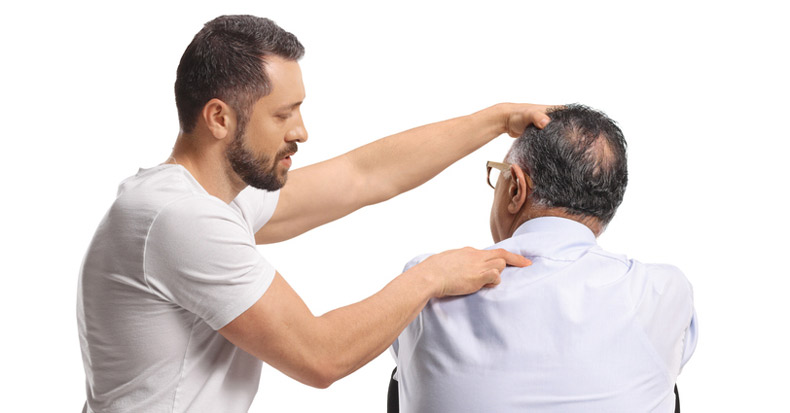Newest Articles
In simple terms, chronic low back pain is pain affecting the lumbar spine region that lasts longer than three months. However, chronic low back pain is not simply acute (new) low back pain that has failed to resolve. Rather, it often reflects an overlap of two or even three distinct pain mechanisms, each of which [..]
Neck pain is estimated to affect approximately 30–50% of the adult population in the United States each year, making it second only to low back pain as a primary reason patients seek chiropractic care. The goal of chiropractic care for neck pain is to help restore normal joint motion and function in the cervical spine, [..]
Americans spend a substantial amount on pharmaceuticals (prescription drugs) each year. In 2024, total prescription drug expenditures were approximately $806 billion, up 10.2% from 2023 (1). An additional $43 billion is spent yearly for over-the-counter drugs (2).
Americans spend approximately $35 billion annually on pain medicines, encompassing both over-the-counter (OTC) and prescription pain management drugs [..]
Most people associate tinnitus with excessive noise exposure, such as the ringing that can follow a rock concert. However, tinnitus can also develop following a whiplash event, such as the rapid acceleration and deceleration of the head and neck that occurs during a motor vehicle collision. While a crash may involve loud noises that can [..]
By some estimates, shoulder complaints affect nearly half of the adult population in a year, driving many to chiropractic offices looking for a conservative, non-surgical solution. While back pain and neck pain are the primary reasons patients seek chiropractic care, at least one study found that 12% of chiropractic visits in a week may involve [..]
As we age, it is natural to become more concerned about our longevity, especially if we have experienced health challenges or engaged in unhealthy behaviors earlier in life. One way to assess probabilistic near-term (under five years) and long-term (10–25 years) mortality risk is to use an assessment known as the Deficit Index, also called [..]
Fast and repetitive hand and finger movements with little rest time can cause the sheaths that cover the tendons passing through the carpal tunnel to become inflamed, placing increased pressure within the tunnel, compressing the median nerve, and stimulating the symptoms associated with carpal tunnel syndrome. Injury or overuse of the tendons themselves can also [..]
Low back pain (LBP) is one of the costliest and most disabling conditions affecting older adults. Not only can pain and disability interfere with the ability to carry out activities of daily living, but proprioceptive deficits associated with low back pain can impair balance, increasing the risk of serious falls and injuries that can dramatically [..]
Assuming patients and healthcare providers follow clinical guidelines for managing neck pain, most neck pain sufferers can experience resolution of their pain and disability with the aid of a conservative, multimodal treatment approach, such as those provided by chiropractors. However, for a variety of reasons, some patients may still undergo surgical intervention, and it is [..]
The primary reason that people go to chiropractors is for the management of spine pain (1):
63% of chiropractic patients seek care for lower back pain
30% of chiropractic patients seek care for neck pain
91% of these patients report acceptable positive clinical outcomes to chiropractic care for these complaints
The primary subject of this [..]
Whiplash-associated disorders (WAD) is an umbrella term used to characterize the myriad symptoms that can occur when soft tissues are injured during rapid acceleration and deceleration of the head and neck in a whiplash event, such as a rear-end automobile collision. Despite advances in the understanding and treatment of WAD, it is estimated that nearly [..]
Since their introduction and rapid adoption in the mid-2000s, smartphones have become an integral part of daily life—not only by consolidating multiple technologies into a single device, but also by helping us stay connected with family, friends, clients, and colleagues. However, alongside these benefits, a growing body of evidence points to significant downsides. Excessive smartphone [..]














